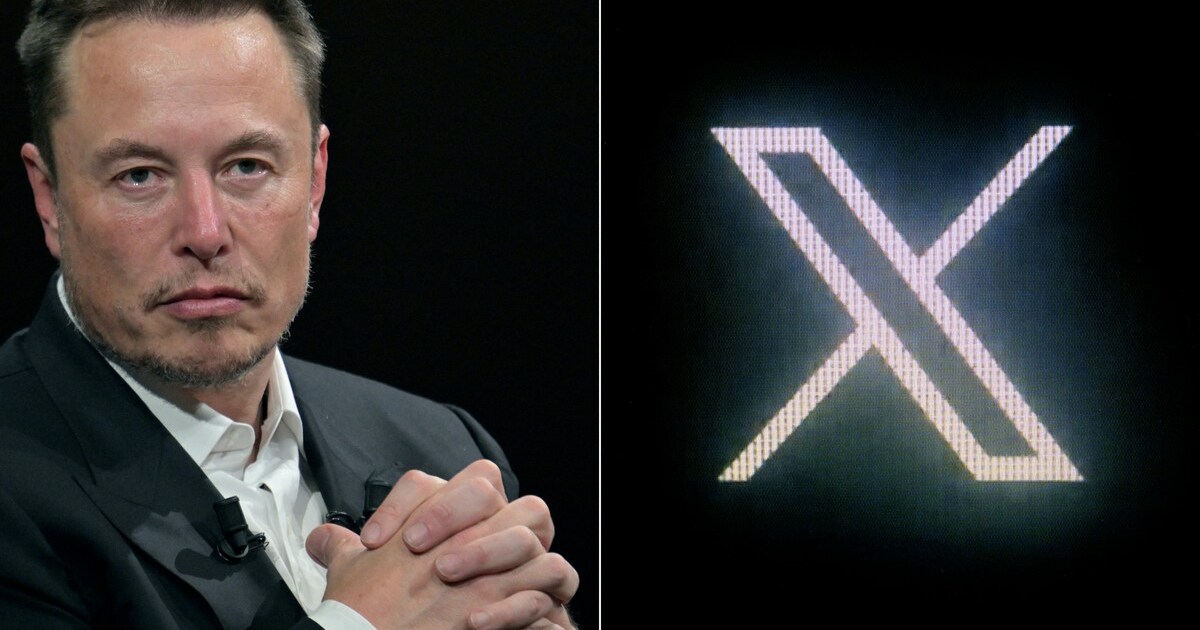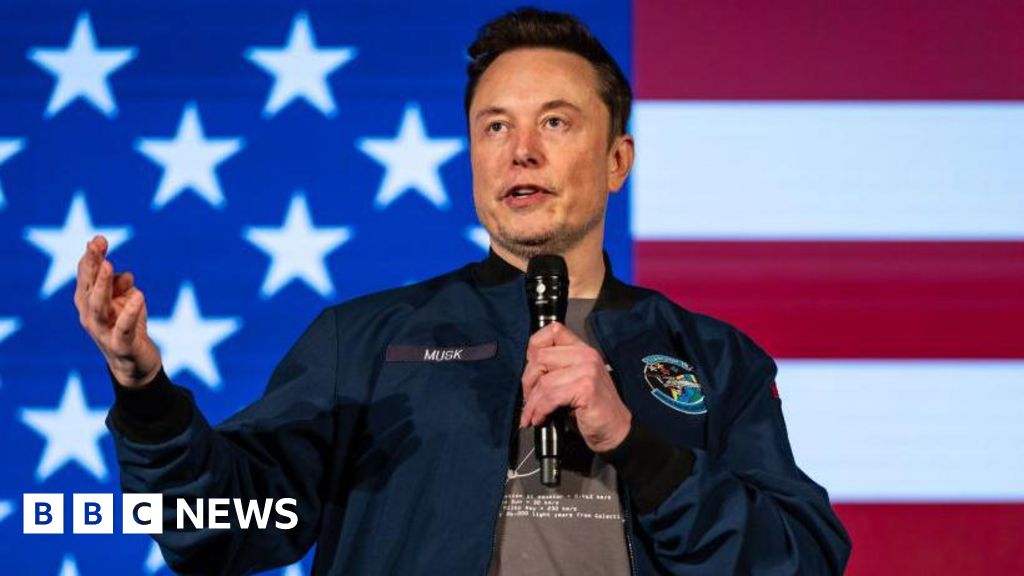Why are there questions about arrests of Mexico’s Sinaloa cartel leaders? | Explainer News
On June 25, the United States Justice Department announced the arrest of two high-ranking leaders of Mexico’s Sinaloa cartel – co-founder Ismael “El Mayo” Zambada Garcia and Joaquin Guzman Lopez, the son of imprisoned drug lord Joaquin “El Chapo” Guzman.
“Both men are facing multiple charges in the United States for leading the Cartel’s criminal operation,” US Attorney General Merrick Garland said in a statement on June 25.
Zambada, 76 and Guzman, 38, are the latest Sinaloa cartel leaders arrested by the Justice Department. El Chapo and another of his sons, Ovidio Guzman Lopez – along with Nestor Isidro Perez Salas or “El Nini” – are already in US custody for drug trafficking.
US President Joe Biden commended the law enforcement officials “for their ongoing work to bring Sinaloa cartel leaders to justice”.
But the circumstances of their arrests in El Paso, Texas are shrouded in mystery, with the US ambassador to Mexico on Friday acknowledging that Zambada was brought to the US against his will, while Zambada’s lawyer has claimed that his client was kidnapped by Guzman from Mexico. Guzman’s lawyer, on the other hand, said that it was voluntary surrender.
So what do we know about the arrests and how they might affect the drug cartels? How will this impact bilateral ties between the US and Mexico?
What do we know about the arrests?
It is alleged that Guzman lured Zambada to board the plane under the pretense of exploring real estate property, only for the aircraft to ultimately head towards the US border and for the two to be arrested by law enforcement.
El Chapo, the former leader of the Sinaloa cartel, was extradited in January 2017 to the US, where he faced charges including drug trafficking, money laundering, and engaging in a continuing criminal enterprise.
In 2019, El Chapo was sentenced to life in prison at the US penitentiary ADX Florence, a “supermax” high-security prison in Colorado.
Details are still murky about the recent arrests, with Zambada and Guzman giving conflicting accounts of what happened.
“I was ambushed,” Zambada said in a statement released through his lawyer on Saturday. Zambada’s attorney announced on Friday that Guzman and six men in military uniforms “forcibly kidnapped” his client in Culiacan, the capital of Sinaloa state. They then proceeded to transport him against his will to the US.
Guzman’s lawyer denies this, saying it was a voluntary surrender after prolonged discussions with US law enforcement.
What do we know about Zambada and Guzman Lopez?
Zambada began his criminal career in the 1980s, initially working with the Juarez cartel and Amado Carrillo Fuentes before partnering with “El Chapo” to lead the Sinaloa cartel.
Known for maintaining a low profile while focusing on the business aspects of drug trafficking rather than resorting to violence, he was indicted in the US in 2003, with a reward for his capture increasing to $15m.
Guzman, known by his alias “El Guero Moreno”, is the son of “El Chapo”, the former leader of the Sinaloa cartel.
Along with his brothers, Ovidio Guzman Lopez, Ivan Archivaldo Guzman Salazar, and Jesus Alfredo Guzman Salazar, he led a faction within the cartel commonly referred to as “Los Chapitos.” Ovidio Guzman Lopez is currently in the US custody.
This group, “Los Chapitos”, has been involved in drug trafficking operations, including the distribution of fentanyl and other illicit substances across the US.
“Fentanyl is the deadliest drug threat our country has ever faced, and the Justice Department will not rest until every single cartel leader, member, and associate responsible for poisoning our communities is held accountable,” US Attorney General Garland said.
Following their recent arrests, the cartel members have pleaded not guilty to multiple drug trafficking charges in the US.
What are Mexican and US authorities saying about the capture?
US Ambassador to Mexico Ken Salazar confirmed that Zambada was brought to the US involuntarily, stating, “The evidence we saw indicates that they brought El Mayo Zambada against his will.”
Mexico has asked the US to reveal the circumstances surrounding the arrests. The lack of cooperation from the US government in clarifying those details was a source of frustration for the outgoing Mexican President Andres Manuel Lopez Obrador, who called for transparency from the US.
Claudia Sheinbaum, who will be sworn in on October 1 as Mexico’s new president, has not made any public statements about the recent arrests.
The US’s Garland described the operation that led to their arrests as a result of betrayal within the cartel.

How will this impact US relations with Mexico?
The surprise nature of the arrests has fuelled speculation about the extent of US involvement in cartel affairs, which has further heightened the Mexican administration’s distrust of US security policies.
The Mexican government has consistently demonstrated sensitivity towards matters of national sovereignty when engaging with the US. The arrest of Zambada and Guzman has the potential to strain relations between the two neighbours.
Mexico’s Secretary of Security Rosa Icela Rodriguez stated that it is unclear whether Zambada’s transfer was a voluntary surrender or a kidnapping, and she has called for more information from US officials.
Mexico has long cooperated with the US in its so-called war on drugs. The US has also sought Mexico’s help in tackling the arrival of asylum seekers to the US border. But ties have been tested since Lopez Obrador became Mexico’s president in 2018.

How will this impact the future of the Sinaloa cartel?
The arrests have raised concerns among Mexican authorities about the potential escalation in violence within drug trafficking groups.
The rivalry within the Sinaloa cartel, specifically the competition between Zambada’s faction and Guzman’s faction alongside his brothers, might fuel an impending power struggle that could potentially trigger violent clashes.
This could potentially lead to other cartels exploiting the rivalry within the Sinaloa cartel. The Jalisco New Generation cartel could take advantage of the Sinaloa cartel’s weakened state and attempt to expand its territory and influence.
But for the US, this marks a big success in its war on drugs.
“Too many of our citizens have lost their lives to the scourge of fentanyl,” US President Biden has said. “Too many families have been broken and are suffering because of this destructive drug. My administration will continue doing everything we can to hold deadly drug traffickers to account and to save American lives.”
Check out our Latest News and Follow us at Facebook
Original Source







